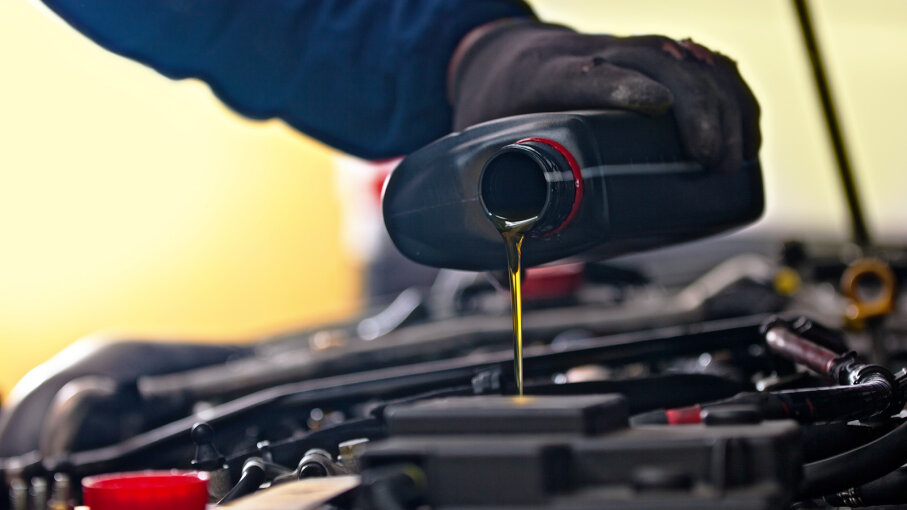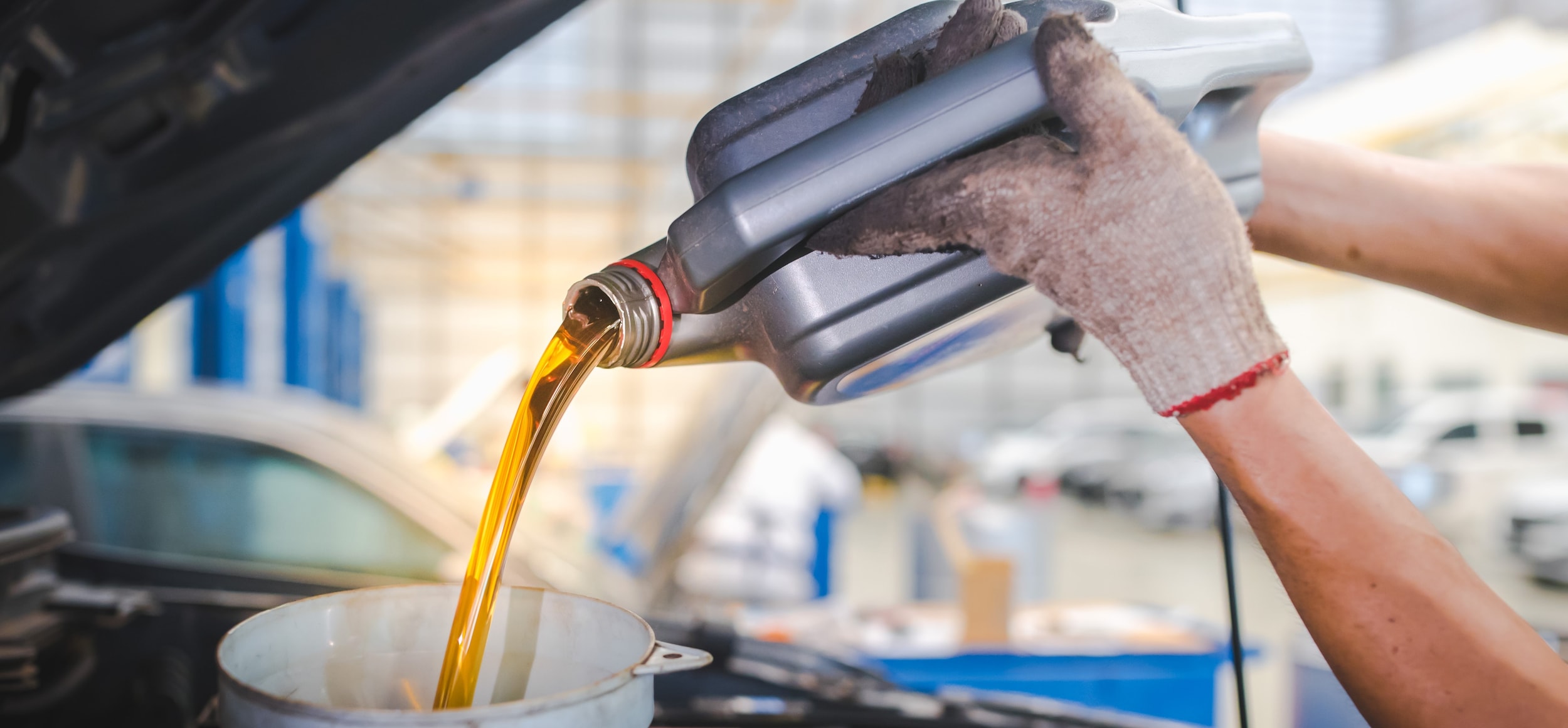As a responsible vehicle owner, it is important to maintain your car regularly to ensure optimal performance and avoid costly repairs down the road. One of the most important steps in vehicle maintenance is getting an oil change. But how often should you really change your oil? And why is it so important? Let's dive into the dirty truth about oil changes and how to maintain your vehicle the right way.
Oil Change
An oil change is the process of replacing the old oil in your car's engine with fresh, new oil. This is done to lubricate the engine and prevent excess heat and friction from damaging the engine components. Over time, the oil in your car's engine can become contaminated with debris, dirt, and other particles, making it less effective at lubricating the engine and protecting it from damage.
The frequency at which you need to change your oil depends on a variety of factors, including the make and model of your car, your driving habits, and the type of oil you use. In general, most car manufacturers recommend changing your oil every 7,500 to 10,000 miles, or every six months to a year, whichever comes first. However, if you drive in extreme conditions, such as extreme heat or cold, or frequently engage in stop-and-go traffic, you may need to change your oil more frequently.
The Dirty Truth About How Often You Need Your Oil Changed

Despite what many auto mechanics would have you believe, you don't need to change your oil every 3,000 miles like clockwork. This myth began as a marketing ploy by oil manufacturers to sell more oil. In fact, modern engines and oil are designed to be more efficient and can often go much longer without an oil change.
So, how do you know when it's time to change your oil? The best way is to consult your car's owner's manual, which will provide you with the recommended oil change interval for your specific make and model. You can also check your car's oil level and condition regularly. If the oil appears dark and dirty or if the oil level is low, it may be time for a change.
Maintaining Your Vehicle the Right Way Useful Things to Consider
In addition to getting regular oil changes, there are other things you can do to maintain your vehicle and keep it running smoothly. Here are some useful tips to consider:
- Check your tire pressure regularly to ensure proper inflation. Under-inflated tires can lead to poor gas mileage and decreased performance.
- Change your air filter at least once a year. A dirty air filter can reduce engine performance and fuel economy.
- Get regular tune-ups to ensure all engine components are working properly.
- Use high-quality fuel. Cheap gas can contain contaminants and lead to engine damage.
Oil Change near Me Fred Beans Ford of Doylestown PA

If you're in the Doylestown area and need an oil change, Fred Beans Ford of Doylestown has got you covered. Our expert technicians will perform a thorough inspection of your vehicle and replace the oil with high-quality, manufacturer-approved oil. We also offer other maintenance services to ensure your vehicle is running at peak performance. Contact us today to schedule an appointment.
In conclusion, getting regular oil changes is an important part of vehicle maintenance, but it is important to follow the recommended intervals for your specific make and model. By following these tips and getting regular tune-ups, you can keep your vehicle running smoothly and avoid costly repairs down the road. So, take care of your car and it will take care of you.
